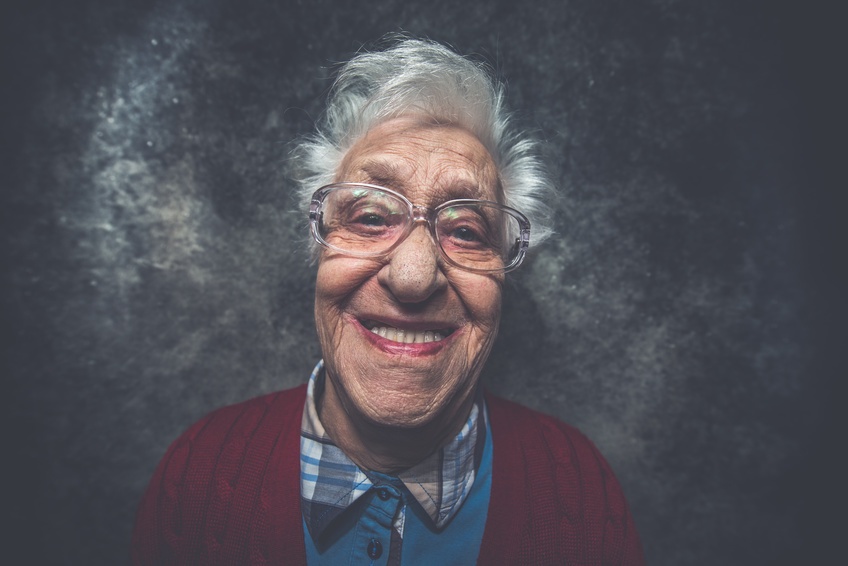
"Think positive, and you'll feel positive," many positive aging experts say.
We can observe it here in seniors living at Marjorie P. Lee Retirement Community: when elders maintain a positive outlook on life, they tend live longer. They report feeling more fulfilled and having a sense of purpose. And we can see it in the literature, too.
It sounds trite, but it's true, at least to a certain degree. And that's really what the positive aging movement (which we'll explore in-depth at the upcoming Refresh Your Soul conference in March) is all about.
But thinking positively as we age isn't as easy as it sounds. There are so many factors that can negatively shape our outlook: failing physical health, financial worries, unmet emotional needs, loss of a partner or spouse, crises of faith.
Today, let's take a deeper dive into the psychology of positive aging, so that we might arm ourselves with the information we need for when adversity strikes, and keep our sense of being in some control.
Positive aging depends in large part upon the ability to accept change.
As we grow older, changes inevitably occur. There's nothing we can do to stop old friends from moving on or passing away. We can do our best to stay in shape and slow the process of physical aging, but we can't halt it. We can think about the past, but we can never bring it back.
Changes create stress for many of us — no getting around that. And stressors are a natural part of life. We have our good days. We have our bad days. The majority lie somewhere in between.
So, how can we deal with change? By accepting the fact that it will occur. And we get it — that's no easy task. But we can train ourselves to do it.
Life is beautiful because it's impermanent.
Yes, we grieve when we lose people, pets, careers or even possessions that we care about. We grieve when familiar places or people change around us.
But isn't change conversely one of the most interesting aspects about living?
Think about it: if you (and everyone else) were immortal, and our environment never changed, life would be boring, wouldn't it? The original humans would still, millennia later, be sitting around their huts, staring at each other, waiting for nothing in particular.
Luckily, that's not the case. Each person is born, contributes in some unique way, then passes on, leaving wisdom for the next generation.
We're like plants in a garden: we sprout in our spring, grow sturdy and tall in the summer of our youth, bear fruit in our autumn, then wither in our winter, knowing that even our decay is purposeful, in that it fertilizes the soil for the next generation.
The impermanent nature of life is precisely what makes every one of us so very special.
Necessity may be the mother of invention, but invention is the mother of evolution.
Without change, we wouldn't have modern conveniences like warm clothing, refrigeration, modern medicine, mass transportation, indoor plumbing, electricity and wireless communications.
Technological advancement requires societies to embrace change. As a corollary, emotional and spiritual advancement require individuals to embrace it, too. Positive aging is, in a sense, allowing yourself to evolve with circumstances.
"Perhaps we don't recognize the wisdom of aging because our anxiety about the future — of the world, of ourselves — has overwhelmed our respect for history," wrote Psychology Today contributor Jere Daniel, in the 1994 article "Learning to Love Growing Old."
"We live," Daniel asserted, "with only a linear sense of time. We push inexorably toward the future; the past is nothing."
"In other eras, we lived by a more circular sense of time, which allowed for a father's, even a grandfather's, experience to guide us. There was an intuitive apprehension—wisdom, if you will—that the way to deal with the future rests in an understanding of the past."
So, even as we learn to accept that our personal pasts will never return, we can take comfort in the knowledge that we can use the lessons we derived from them, as we invented ourselves over the course of our lives, to meet our futures without much trepidation.
And we can feel useful in passing what we've learned on to others. That's positive aging at its best.












